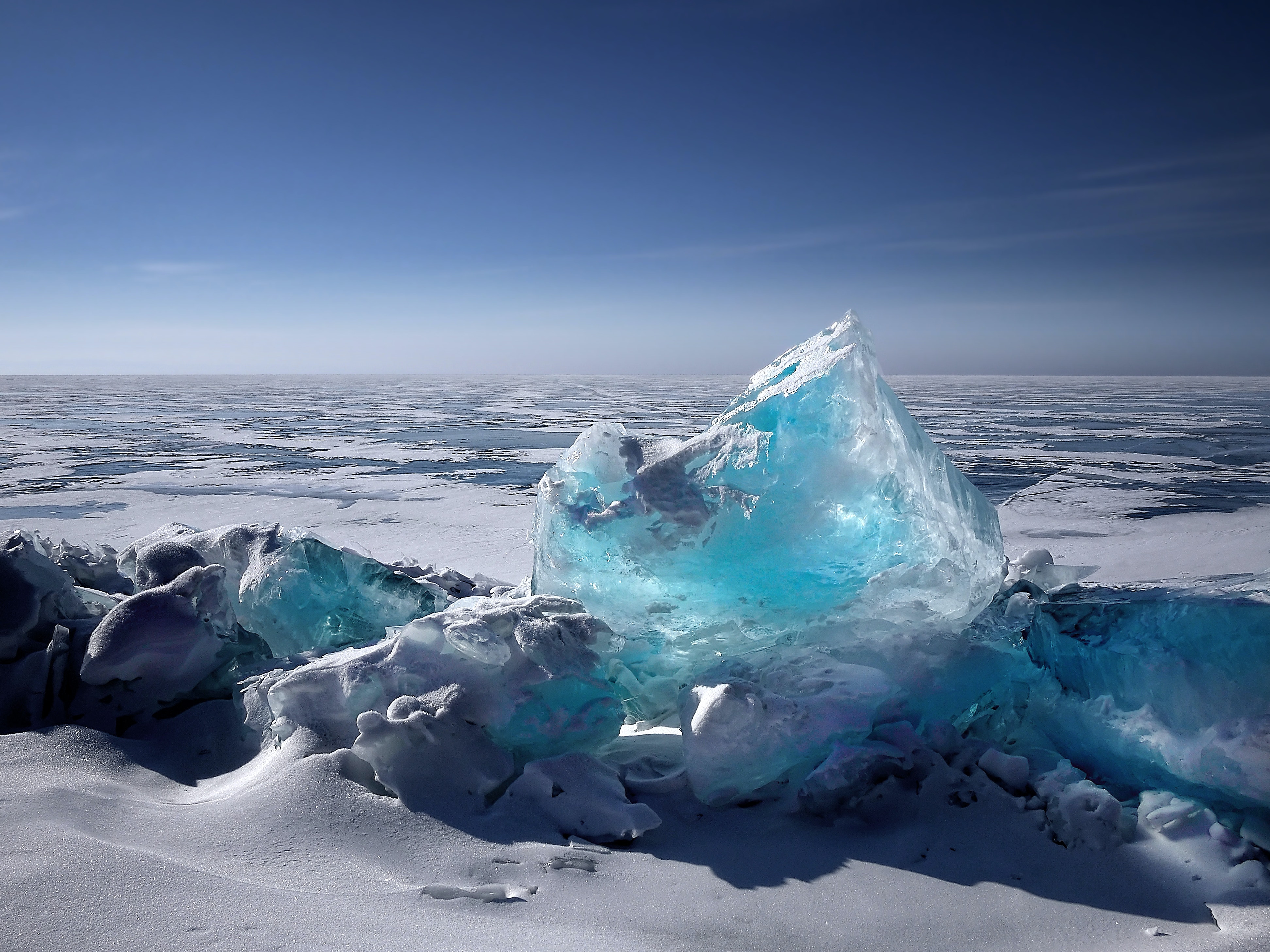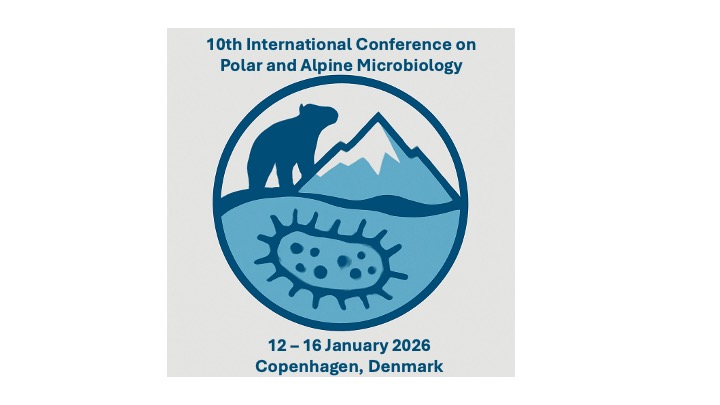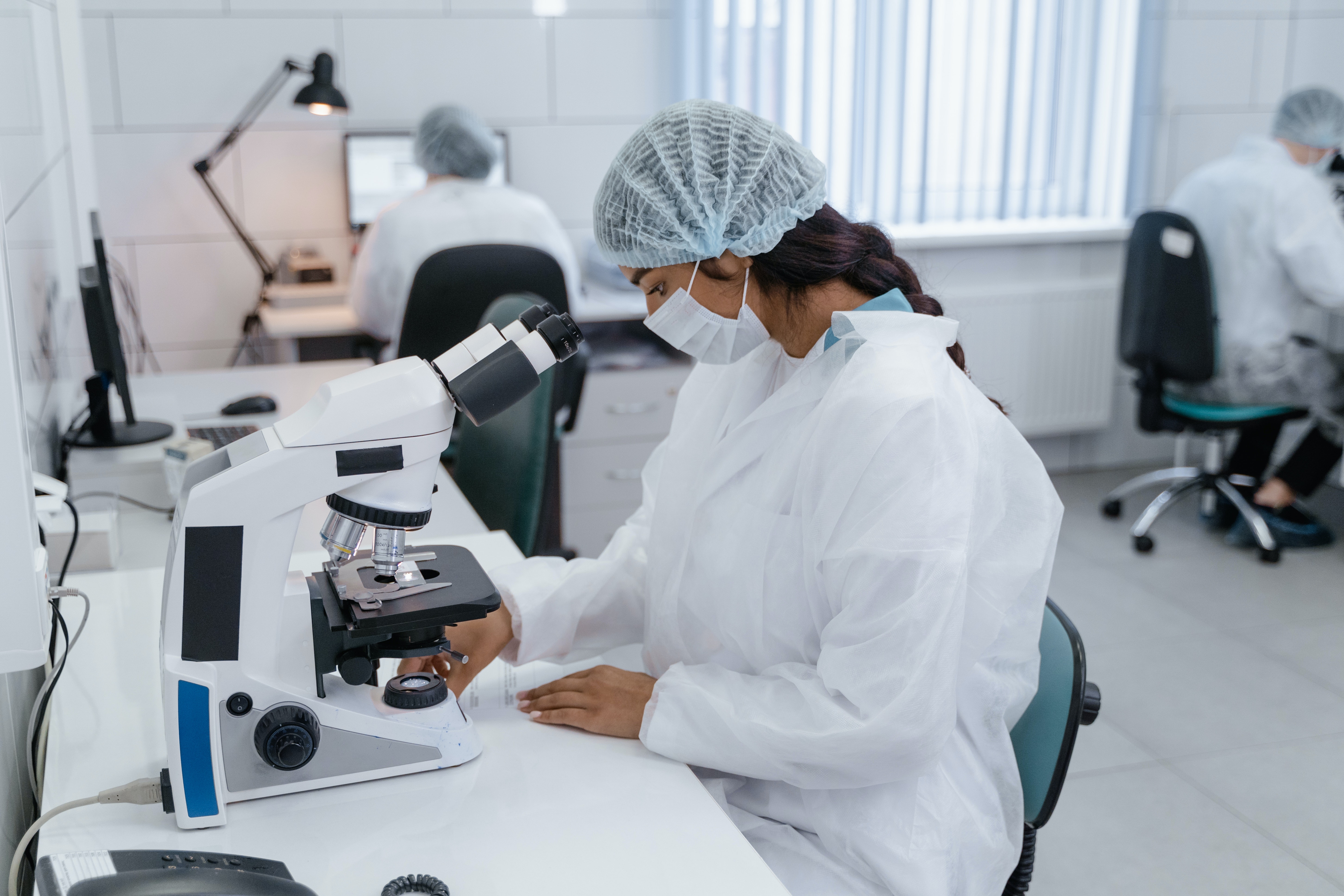Network events

1. KICK OFF MEETING AND
2. GLAciology meets Life sciences and expedition planning
Leads: AU, UiBK
Project month: 11 (6-12 September 2023)
This event was the first opportunity for newly recruited DCs to meet face to face with the supervisors from the various beneficiary institutions. The kickoff meeting started with a one day introductory event at University of Innsbruck in Austria followed by three days of field training including safety procedures when working in extreme environments.
DCs were introduced to a variety of concepts in glaciology, including the understanding of physical processes and what makes these habitats conducive to microbial and biogeochemical processes, to influencers of crucial systems and services upon which people depend; from lucrative fisheries, to fertile croplands, to energy sources, and drinking water. The combined ICEBIO supervisory team has a well-established track record in glaciology, glacial chemistry, biology and ecology and have led field expeditions in remote locations. An agenda for the event is available here.
View photos
3. The World of Omics in the Cryosphere
Lead: AU/GFZ
Project month: moved to February 2024
Training in omics in the cryosphere was designed as part of the second ICEBIO network-wide training which took place in Grenoble, France in February 2024. In this course, DCs were introduced to state-of-the-art environmental genomics, metatranscriptomics and metabolomic tools, including ways to combine the results from different omics approaches. An agenda for the training event is available here.

4. Experimental Design, Data Handling
Lead: ECL
Project month: Moved to February 2024
Training in omics in experimental design and data handling was offered as part of the second ICEBIO network-wide training which took place in Grenoble, France in February 2024. The goal of this course was to encourage doctoral candidates to think about how to design experiments taking into consideration the different uses of omics. The course mainly focused on working with state-of-the-art informatic and bioinformatics tools for data (pre-processing and statistical analysis, e.g., MZmine, XCMS, GNPS, Compound Discoverer, MatLab and R). An agenda for the training event is available here.

5. Communication Toolkit
Lead: UiBK
Project month: 25 (October 2024 )
This course took place in October 2024 in Copenhagen, Denmark. Training was divided into two components. 1) Scientific writing with the main objective to motivate and provide a range of strategies that researchers can use to improve their scientific writing skills . 2) Communication to the non-academic world. An agenda for the event can be found here.

6. Science-Based Policy Advice
Lead: DCE
Project month: 25 (October 2024)
This training event also took place in Copenhagen, Denmark in October 2024. Training was delivered by one of the major players in Danish environmental public consultancy, i.e., the Danish Centre for Environment and Energy (DCE) based at AU. The aim of the course was to develop the skills and level of insight into institutional and professional best practices of scientists and advisors involved in sciencebased policy advice within the fields of climate and environment.An agenda for the event is available here.
7. Half way conference
Lead: AU
Project month: 25 (October 2024)
The half-way conference took place in Copenhagen, Denmark in October 2024. Presentations by DCs about their on-going research and training were associated with a chance to review project deliverables and discuss any contingency plans.
8. POLAR AND ALPINE MICROBIOLOGY
Lead: All beneficiaries
Project month: 32 (May 2025)
The PAM 2026 conference took place in Copenhagen, Denmark in January 2026. ICEBIO DCs presented their work to demonstrate the strength of Europe in glacial biology research. The programme for the PAM conference is available here.

9. Career Toolkit (start-ups, academic and non-academic jobs)
Lead: Hydreka / Dr. Brill / Clearwater
Project month: 40 (January 2026)
In this event, we will explore the skills and experiences ICEBIO doctoral candidates develop during their PhD and look at them from a non-academic perspective. We will also discuss individual interests and values as these also influence career choices. Using typical job adverts as examples, we will walk the researchers through the steps from reading and understanding the advert to dissecting which competences employers are looking for. We will match them with the skills and experiences DCs develop during their PhD. HYDREKA and DR. BRILL will coordinate with the AU Career Services for the delivery of this component.

10. Final conference meeting and Centre for Glacier Biome Research kick-off
Lead: AU
Project month: 40 (January 2026)
The final conference will be used to: a) communicate our findings and discuss future research and collaborations, b) hold round-table discussions establishing guidelines for exploitation of the ecosystem services provided by the glacier biome, c) establish the Centre for Glacier Biome Research. Key researchers outside ICEBIO will be invited to the final conference.








